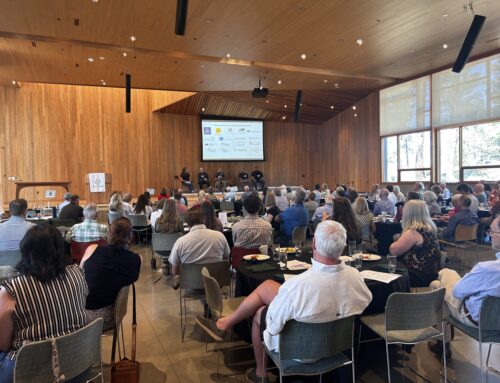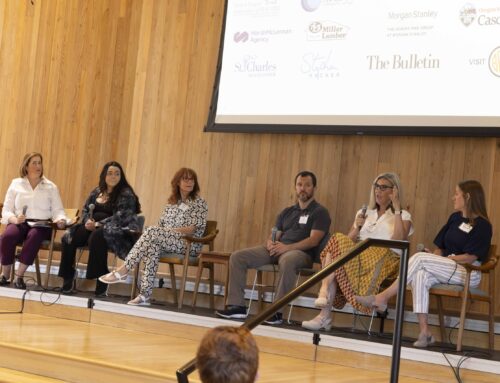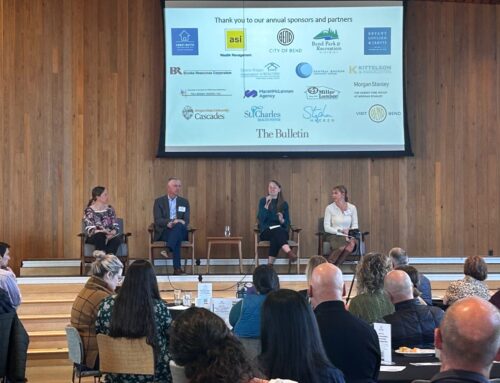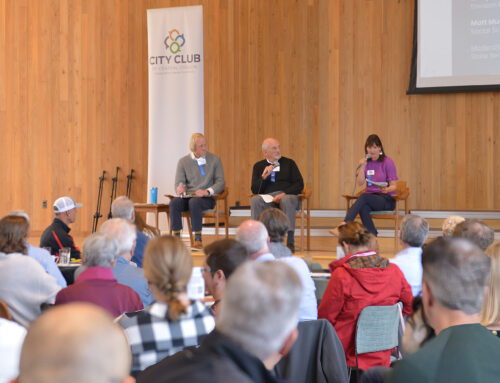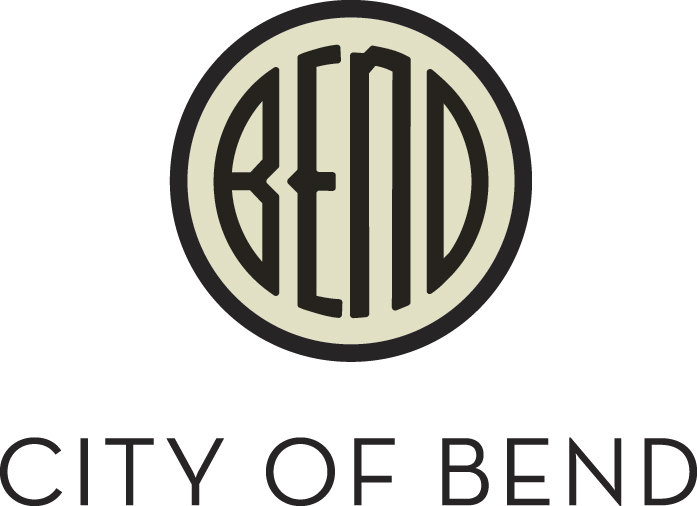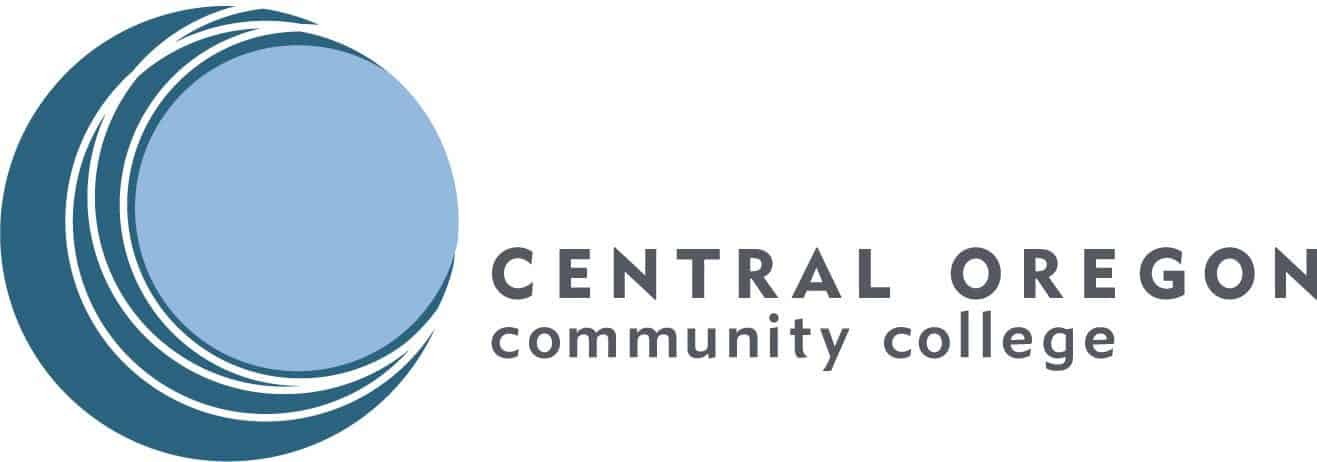UPDATES:
Campaign to open Oregon primaries suspends signature gathering
February 15, 2024
It’s an election year and come fall Oregonians may be asked to cast their ballot on election reforms. Jim Moore, joining via Zoom due to winter weather, shared background and possible impacts on four proposals: Independent Redistricting, Open Primaries, Ranked Choice Voting, and Campaign Finance Reform. Moore serves as an Independent Analyst and Political Outreach Director at Pacific University Tom McCall Center for Civic Engagement.
Unaffiliated voters outnumber registered Democrats and Republicans in Oregon, and they could hold the majority within six years. Conversely, our state has just two independent senators and no independent representatives. Moore emphasizes that election reform comes from a two-party system, posing the question of how we reconcile unaffiliated voters in a partisan system.
Moore points to economist and Nobel laureate Kenneth J. Arrow’s impossibility theorem which concludes that an ideal voting structure is impossible. Rather than striving for the ideal, we have to consider whether changes are worth the trade-offs.
Does independent redistricting work?
Independent redistricting uses a non-legislative commission to establish electoral boundaries, taking decision-making out of the hands of politicians and into the hands of citizens. It’s growing in popularity as a method to reduce political bias and gerrymandering, but Moore says there’s little evidence that it meets those objectives. He shared examples of legislatures taking back power and governors vetoing the independent commission’s recommendations.
Will open primaries in Oregon increase voter turnout?
Oregon is one of a handful of states with a closed primary system, meaning a voter must be a registered party member to cast a primary ballot. This excludes independent and unaffiliated voters from participating. Washington and California have open primaries and evidence from these neighboring states suggests that they do not increase primary voting participation.
“Having an open primary does not necessarily mean that you get more participation,” says Moore. “It simply mixes up who actually votes.” He added that for Oregon, open primaries are the way to get the most unaffiliated voters into the process earlier.
Moore noted that the unaffiliated vote at a much lower rate than those who are registered with political parties. In 2020, over 90% of Democrats and Republicans voted in the general election, compared to around 60% of unaffiliated voters.
Like independent redistricting, evidence suggests that open primaries do not lead to less partisanship. It does, however, shift more power away from political parties to the candidates themselves.
How would ranked choice voting work in Oregon?
There are many different forms of ranked choice voting. What’s proposed in Oregon this year is if no one holds the majority of ranked votes after the first ballot count, the lowest vote-getter is dropped and their second-place votes are redistributed to the rest of the field. In Oregon’s vote-by-mail system, ranked choice would require more time to call close races.
Ranked choice is becoming more common, but, just like independent redistricting and open primaries, hasn’t led to less partisanship. In the Q&A, Moore mentions that ranked choice has helped rebuild trust in local elections because voters may see one of their choices holding office, even if not their top choice.
Watch City Club’s October 2023 forum to learn more about ranked choice voting in Oregon.
Why is Oregon one of only five states without campaign finance reform?
Campaign finance reform is the easiest to measure and the most common type of election reform. Oregon has voted for campaign finance reform several times, but the Oregon Supreme Court ruled it unconstitutional because the State has freedom of expression, rather than freedom of speech, meaning giving money is a form of protected activity. Several years ago the high court overruled previous rulings, allowing campaign finance limitations. There have been some local efforts toward reform, but none on the state level. Moore questions why Oregon’s current partisan legislature would want campaign finance reform when they were elected under current law.
Oregon is one of five states without campaign finance limits. The two types of reform are to limit fundraising and to limit spending. The issues with both are what the limits ought to be and what constitutes an individual versus a group.
Tune into the video above starting at 31:45 for a great audience Q&A.
Resources from this Forum
A Push To Establish Statewide Ranked-Choice Voting
Campaign Finance Reform (Petition 9 and Petition 42 & 43).
In addition to the ballot measure initiative petitions discussed at the forum, there is an initiative petition in Deschutes County to move to a 5 person County Commission, more information can be found here.
Oregon voters likely to decide on dueling campaign finance measures this fall
Oregon power players in business, labor are negotiating a campaign finance package
Oregon becomes the latest state to put ranked choice voting on the ballot
Some on the Right Flirt With a Voting Method the Left Loves
Oregon independent redistricting proposal clears key hurdle in path to 2024 ballot
Oregon open primaries supporters start fresh with 2024 ballot measure
Watch our past forum that discussed Ranked Choice Voting specifically

